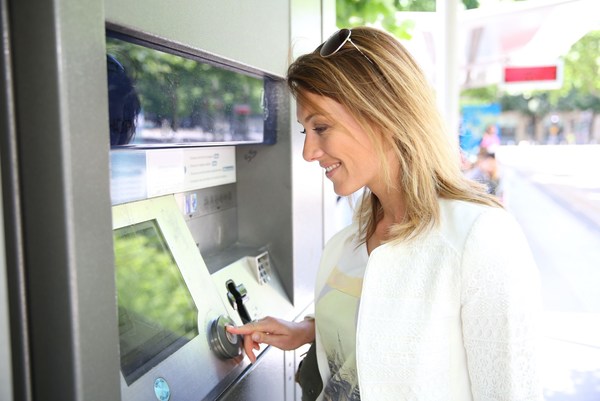Savings accounts and money market accounts offer ways to set money aside while generally keeping funds accessible. Which option may be a better fit for you depends on how you plan to save and use your money.
Saving is an important part of financial wellness. Savings can help with future education costs, large purchases, medical expenses, or retirement planning. When deciding where to keep your savings, two common options are savings accounts and money market accounts. Understanding how they differ can help you decide which one may better suit your needs.
What Is a Savings Account?
A savings account is a deposit account that typically earns interest on the balance you keep in it. That interest may help your savings grow over time. Savings accounts are available at traditional banks, credit unions, and online banks.
Because savings accounts usually allow relatively easy access to funds, interest rates are often lower. Some online banks may offer higher rates, which can vary depending on the institution and market conditions.
Where to Apply for a Savings Account
Most banks allow you to open and fund a savings account online. If you choose a brick-and-mortar bank or credit union, you can usually apply in person as well.
Savings Account Requirements
Savings accounts differ from checking accounts, especially when it comes to withdrawals. Checking accounts typically do not limit withdrawals, but savings accounts often do.
In general, many banks allow up to six transfers or withdrawals per month. This limit is based on federal regulations, though how it is enforced can vary by bank. While ATM and in-person teller withdrawals may technically be excluded, some banks still count them. Exceeding the limit may result in fees or account restrictions.
Other possible requirements include:
- Minimum opening balance
- Minimum daily balance
- A required number of direct deposits
- A required dollar amount in direct deposits
What Are the Savings Account Fees?
Fees vary by bank, and some institutions offer savings accounts with no monthly fees. Fees may apply if certain requirements—such as minimum balances—are not met. Reviewing the account terms can help you understand when fees may apply.
How to Access Your Funds
How you access your savings depends on where the account is held. Access options may include:
- Withdrawals at a bank branch
- ATM withdrawals
- Online transfers
With online-only banks, transactions are typically handled electronically or through partner ATM networks.
Pros of Savings Accounts
- Generally easy access to funds
- Widely available at many banks
- Some accounts offer ways to reduce or avoid monthly fees
Cons of Savings Accounts
- Limited number of withdrawals per month
- Interest rates are often relatively low
What Is a Money Market Account?
A money market account shares features of both savings and checking accounts. These accounts often pay higher interest rates than standard checking accounts and may include check-writing and ATM access.
Money market accounts are sometimes referred to as “high-yield savings accounts,” though rates can vary by bank and are not guaranteed. They are offered by traditional banks, online banks, and some credit unions.
Because these accounts may offer higher interest rates, they often require higher opening balances or ongoing minimum balances.
Where to Apply for a Money Market Account
Money market accounts can usually be opened online or in person. Online applications often require you to transfer funds when opening the account.
Money Market Account Requirements
Balance requirements for money market accounts are often higher than for savings accounts, though this varies by institution. Some accounts may allow relatively low opening deposits, while others may require several thousand dollars.
Even with check-writing privileges, most money market accounts still limit total withdrawals—typically up to six per month—including checks, transfers, and ATM withdrawals.
Additional requirements may include:
- Minimum opening deposit
- Minimum daily balance
- Direct deposit requirements
What Are Money Market Account Fees?
Fees may apply if you exceed withdrawal limits or fail to maintain required balances. Some banks offer ways to reduce or avoid fees, such as maintaining a certain balance or setting up direct deposits. Account terms vary, so reviewing the details is important.
How to Access Your Funds
Money market accounts typically allow access through:
- ATM withdrawals
- In-person withdrawals at branches
- Online transfers
- Check writing
Pros of Money Market Accounts
- Interest rates are often higher than standard savings or checking accounts
- Multiple ways to access funds
- Some accounts offer options to reduce monthly fees
Cons of Money Market Accounts
- Higher balance requirements are common
- Withdrawal limits usually apply
Look for FDIC-Insured Accounts
Whether you choose a savings account or a money market account, it’s important to confirm that the institution is FDIC insured. FDIC insurance generally protects deposits up to $250,000 per depositor if a bank fails. Coverage terms can vary by institution type.
Both savings and money market accounts can be useful tools for setting money aside outside of a checking account. Interest rates, fees, and requirements vary by bank and account. Reviewing the details carefully can help you choose the option that best fits your financial situation and goals.






